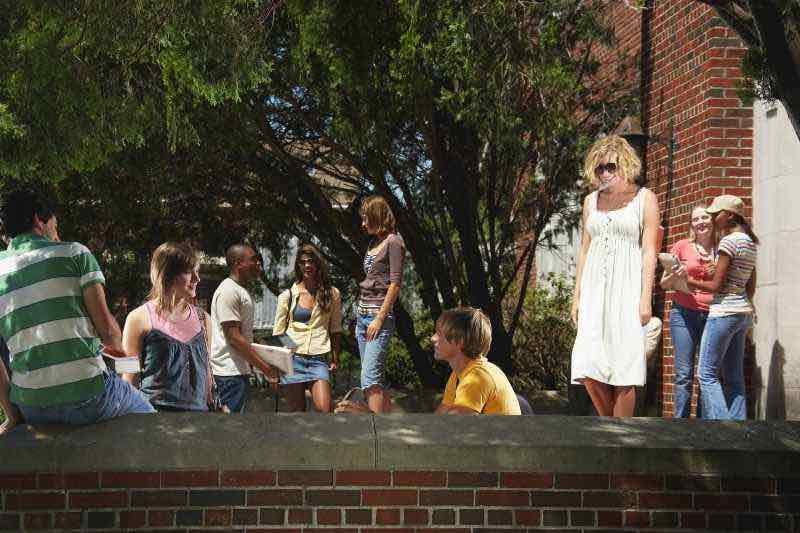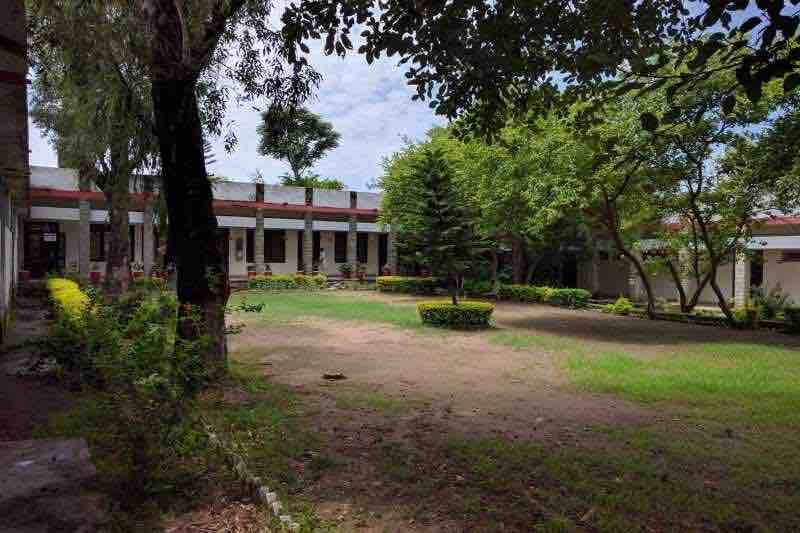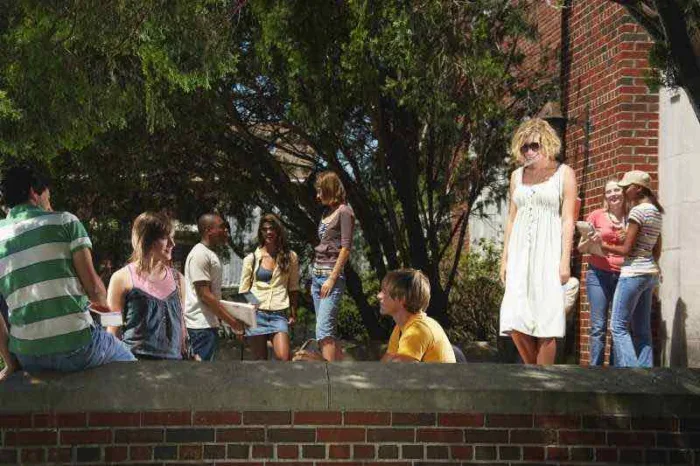
As a real estate investor, you likely have to put in some work on your investment properties, especially if you want residents to lease them. This entails adding amenities and features that cater to your target demographic. And if you’re investing in college town rentals, you must put extra thought into committing to the property. Student housing can be a lucrative property investment — if done right.
Students are an easy market to tap into. However, for some property investors, the perception of students as irresponsible residents prevents them from investing in college town rentals. To help you make an informed decision, we go over the true costs and benefits of renting to students and how you can mitigate those downsides to turn a cool profit.
Navigate this post:
4 benefits of college town rental investments
First, let’s review what makes college town rentals a worthwhile market for investors to tap into. There are many reasons why renting to students may be a sound investment decision.
Here are four potential benefits of investing in college town investments:
1. A steady demand
One of the advantages of renting to students is that they’ll always be there. Student intake at the start of each semester is as reliable as the rising of the sun, and the economic downturn has proved to have minor effects on students enrolling in college.
In contrast, demand for renting from other demographics can fluctuate with the economy, presenting you with more risk as a property investor. And because student housing is on a short-term, apartment sharing basis, you’ll have an easier time filling vacancies.
2. Easy-to-please residents
Students are typically easy to please and have a few clear, yet limited, desires from their housing accommodations.
The predictability of resident expectations and the low cost of appeasing these demands make students an appealing rental pool. In short, students seek accommodation that’s an easy commute to campus and, at a bare minimum, clean and quick to access. These laissez-faire requirements make marketing apartments to this demographic fairly easy.
3. Parental security
Usually, students must have their parents as guarantors on their apartment leases. Knowing that students’ rent will be paid on time gives you peace of mind.
“As students leave the roost, they tend to stay under the wing of their parents for a few years, and that means financial security as much as anything else,” says John Beck, an editor at Boomessays and HND Writing Service.
“Students are less likely to leave rent unpaid thanks to the possibility of parents stepping in.” This provides landlords with a good reason to rent to this demographic.
4. Higher rent prices
College town rentals can charge higher-than-average rent for several reasons.
For one, student housing is filled with amenities, ranging from study lounges to fitness centers. Considering these additional living and learning spaces, student residents are willing to pay above-market rental rates.
Also, students are less familiar with and concerned about the rental markets in the areas they live in and are thus less likely to be discerning about above-average rent rates.

Downsides of investing in college town rentals
Despite being a fairly easy investment project, college town rentals have some downsides. Students usually get a bad rap for being irresponsible and restless. Let’s explore the risks of renting properties to students.
The four common downsides of renting to college students:
- Frequent property damages
- Late or unpaid rent payments
- Safety and convenience issues
- Constant turnover
1. Frequent property damages
Student lifestyle tends to be a little less stable than that of the average renter. That said, you should expect some property damages during their lease period. Student-hosted parties and general neglect contribute to wear and tear and, occasionally, more substantial damages to the property.
“Landlords can mitigate the risk of this by taking deposits that will cover any damage and making it clear to students from the outset what their responsibilities for care in the property are,” says Diane Smith, a writer at Paper Fellows and Uktopwriters. “This can act as insurance for landlords if the property sustains unexpected damage.”
2. Late or unpaid rent payments
College is usually students’ first experience of the “adult world.” For this reason, some student residents may not know how to live independently while also juggling new responsibilities. One of their newfound responsibilities is paying rent on time.
Property staff can leverage software and digital transactions, such as direct debits, to ensure rent is paid consistently on time. By taking the responsibility largely out of students’ hands, you can ensure rent is paid promptly.

3. Safety and convenience issues
Residents deserve to feel safe and comfortable when living in an apartment. This is especially true for students who are studying and living away from home.
Plus, students want convenience when it comes to:
- Going to and from school
- Grocery shopping
- Visiting the local library
- Going to third places, such as a coffee shop or eatery
- Leisure, etc.
Pro tip: Invest in college town rental properties in mixed-use buildings. Specifically, look for buildings that serve both residential and commercial purposes. For instance, find apartment buildings with pharmacies or grocery stores on the first floor. Students will love the convenience this building layout provides.
And the last thing students want is for their rented place to be broken into or vandalized while they’re gone. One of the best solutions for both safety and convenience is a video intercom system like ButterflyMX.
With a video intercom system installed in their apartment buildings, students can enjoy the following benefits:
- Visually confirm visitors’ identities
- Receive secure and simple deliveries
- Grant remote access for visitors and service providers
- Restrict access to unwanted visitors
- View audit trails of every entry activity
Watch how ButterflyMX works:
4. Constant turnover
Lastly, because students are inherently transient, you’ll experience high turnover rates at your college town rental. Even impeccably designed student housing can’t retain residents after they graduate!
At most, you can expect students to stay for three or four years since they’ll move out of their college towns after graduating. This can increase the costs of finding new residents and marketing your apartments.
Be sure to communicate with your student residents well before their leases expire. Some students may surprise you by staying and renewing their leases. Just ensure they’re aware of any rent increases well before renewing their leases. But if they’re leaving, you’ll have this information promptly, ensuring a smooth transition when renting to new residents.

Takeaways
Students are ultimately a renter population like any other. As such, there are pros and cons associated with investing in college town rental properties.
Overall, the student housing market may be a lucrative investment if the risks can be mitigated.
Disclaimer: This content is for informational purposes only. You should not construe any such information as legal, tax, investment, financial, or other advice. Nothing contained on our site constitutes a solicitation, recommendation, endorsement, or offer by ButterflyMX or any third-party service provider.
Author’s Bio
Madeline Miller is an investment writer at Essay Services and Dissertation Writing Services. With her partner Alex, Katherine has been accumulating properties for rent in the student town of Providence, Rhode Island, and finding success in this market. She is also a manager at the Essay Editing writing service.







